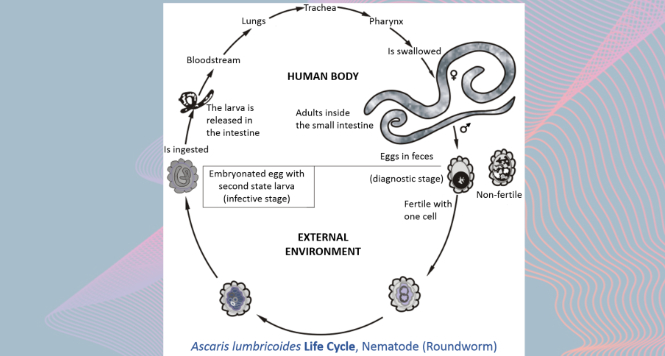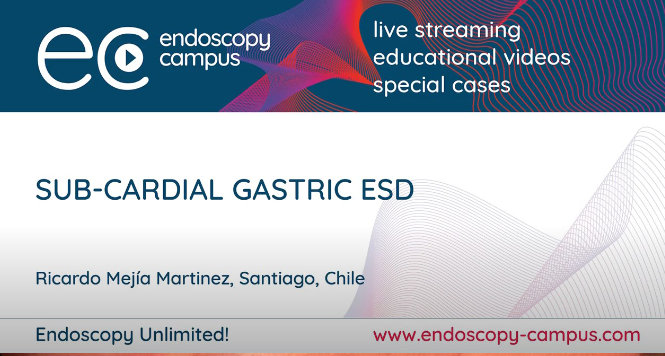What Are the Long-Term Outcomes of Gastric Peroral Endoscopic Myotomy Performed for Gastroparesis?
Vanessa M. Shami, MD, FASGE, reviewing Oscar Víctor HM, et al. Gastrointest Endosc 2022 Apr 1.
Refractory gastroparesis (RG) negatively impacts the quality of life, and treatments to date have worked variably. Gastric peroral endoscopic myotomy (G-POEM), first performed in 2013, appears to have good early success in the treatment of RG; however, data on long-term clinical success are unknown. This retrospective study of data collected from a prospective cohort of patients who underwent G-POEM for RG evaluates the efficacy of G-POEM after 4 years of follow-up. Secondary endpoints included safety, quality of life, clinical success among the different etiologies of RG, and predictive factors for success.
Between April 2017 and December 2021, this study evaluated the outcomes of 374 patients with RG who underwent G-POEM. The etiologies of gastroparesis included 141 (37.7%) diabetic (DG); 115 (30.7%) idiopathic (IG); 102 (27.3%) postsurgical (PSG); and 16 (4.3%) other etiologies. The Gastroparesis Cardinal Symptom Index (GCSI), retention percentage at 4 hours (RP4H), mean half-emptying time (MHET), and short-form surveys (SF-36) were performed at 1, 6, 12, 18, 24, 30, 36, 42, and 48 months.
One hundred two patients completed follow-up at 48 months (DG=58, IG=22, PSG=18, and others=4). Among the improvements from before G-POEM to the 48-month post–G-POEM evaluation:
- GCSI improved from 3.84±0.53 to 2.1±0.70 (P<.001).
- RP4H improved from 44% (11%-68%) to 15.5% (0%-36%) (P=.021).
- MHET improved from 246 minutes (150-368) to 135 minutes (67-290) (P=.045).
Among other findings:
- Clinical success was 77.5% at 48 months and was most successful when DG was the etiology (DG=86.5% vs IG=72.5% [P=.001]; vs PSG=72.1% [P=.003] and other=68.8% [P<.001]).
- Predictors of long-term success were DG as the etiology (odds ratio [OR], 5.113; 95% confidence interval [CI], 1.643-5.981; P=.035), early diagnosis (OR, 2.455; 95% CI, 1.129-3.522; P=.042), presence of nausea and/or vomiting (OR, 3.541; 95% CI, 1.881-5.511; P=.012), GCSI (1.5-2) and RP4H <10% at 6 months (OR, 3.612; 95% CI, 2.122-5.317; P=.022 and OR, 2.188; 95% CI, 1.435-4.233; P=.039, respectively).

COMMENTG-POEM seems to be a powerful tool in the long-term treatment of patients with RG. As the authors astutely point out, randomized controlled trials are needed to confirm these results.
Note to readers: At the time we reviewed this paper, its publisher noted that it was not in final form and that subsequent changes might be made.
CITATION(S)
Oscar Víctor HM, Luís Fernando GC, Gerardo BV, Omar Michel SP, Daniel Mitchell CC, Enrique MP. Gastroparesis peroral endoscopic myotomy outcomes after 4 years of follow-up in a large cohort of patients with refractory gastroparesis. Gastrointest Endosc 2022 Apr 1. (Epub ahead of print) (https://doi.org/10.1016/j.gie.2022.03.025)


